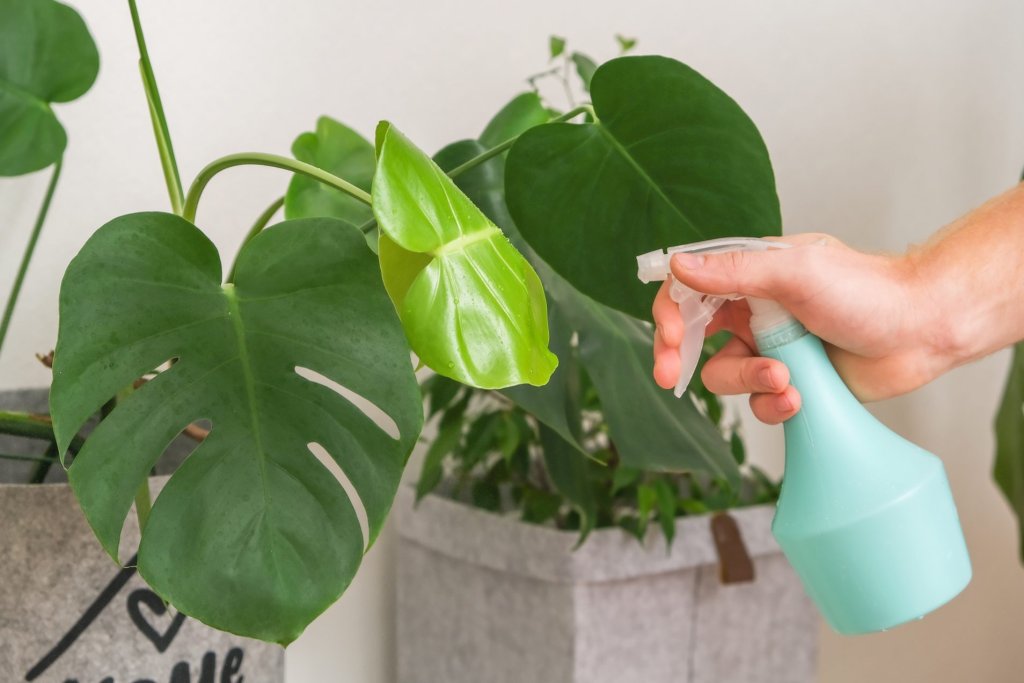Maintaining a thriving garden is a labour of love, and nothing can be more disheartening than watching insects invade and wreak havoc on your plants.
From nibbling critters to voracious insects, pests can quickly turn your garden oasis into a battleground. However, with the right strategies and a bit of vigilance, you can protect your plants and maintain a healthy, pest-free backyard.
In this article, we’ll explore effective methods to pest control and ensure your garden flourishes.
1. Cultivate Healthy Soil: Strong Roots, Strong Plants
Healthy plants are better equipped to fend off insects. Start by enriching your garden soil with organic matter, compost, and other nutrients. Strong, well-nourished plants have a higher resistance to bugs and diseases, making them less attractive targets.
You can visit ninja pest control, for the optimum results.
2. Companion Planting: Nature’s Pest Repellents
Nature offers its own bugs control through companion planting. Certain plants emit scents that repel insects or attract beneficial insects that prey on backyard intruders. For instance, integrating creative grape trellis designs into your garden can serve as a structural support for your grapevines and a strategic companion planting approach. These trellises can enhance your garden’s overall health and pest resistance by providing adequate air circulation and sun exposure.
3. Physical Barriers: Defending Your Backyard
Creating physical barriers is an effective way to prevent insects from accessing your plants. Use row covers, netting, or fencing to shield your crops from hungry animals. Floating row covers also protect against flying insects without obstructing sunlight and air circulation.
4. Regular Inspection: Spotting Problems Early
Frequent garden inspection is essential to catch pest issues before they escalate. Look for signs of damage, such as chewed leaves, discolored foliage, or wilting plants. Early detection allows you to implement control measures before pests become established.
5. Natural Predators: Allies in Pest Control
Attracting beneficial insects and animals to your plot can create a natural balance that keeps insects in check. Ladybugs, lacewings, and spiders are the many beneficial insects that feed on plot pests. Provide habitats for these creatures by incorporating native plants, water sources, and shelter.
6. Homemade Remedies: Nature’s Pest Repellents
Craft your insect repellents using natural ingredients. Among the myriad of natural ingredients at your disposal, vinegar emerges as a potent ally against spider mites. Alongside garlic, chili pepper, and neem oil, vinegar-based solutions can deter these pests effectively without causing harm to your plants or the environment.
7. Crop Rotation: Foiling Persistent Pests
Rotating your crops annually prevents the buildup of specific insects and diseases that target particular plant families. This practice disrupts insect life cycles, reducing their ability to establish a stronghold in your backyard.
8. Proper Watering: Balancing Moisture
Overly moist conditions can attract pests, particularly fungal infections. Water your garden early in the day to allow excess moisture to evaporate and prevent fungi from taking hold.
9. Regular Pruning: Trim Trouble Away
Just as pruning is vital for removing dead or diseased foliage, manually maintaining your lawn’s length can also contribute to a healthier garden environment. Hand tools like grass shears or a manual reel mower offer an effective way to keep your lawn tidy, ensuring pests have fewer places to hide.
10. Organic Pest Control: Safe and Effective
If pests persist, consider using organic pest control products like diatomaceous earth, insecticidal soap, or neem oil. These options are less harmful to beneficial insects, animals, and the environment.
Conclusion: A Flourishing&Pest-FreeShrubbery
A thriving garden is a testament to your dedication and care, and keeping pests at bay is an essential part of that journey. By employing a combination of strategies—cultivating healthy plants, enlisting natural allies, and maintaining a watchful eye—you can create a pest-resistant environment that allows your garden to flourish. Embrace the challenge of pest management, armed with knowledge and determination, and witness your garden thrive in the face of potential threats. Visit ninja pest control now!

